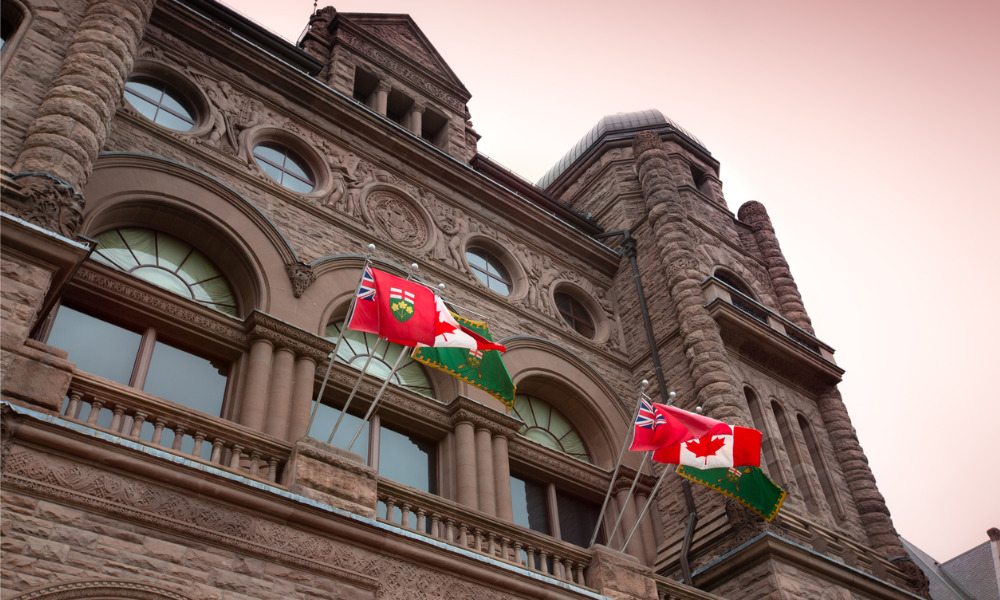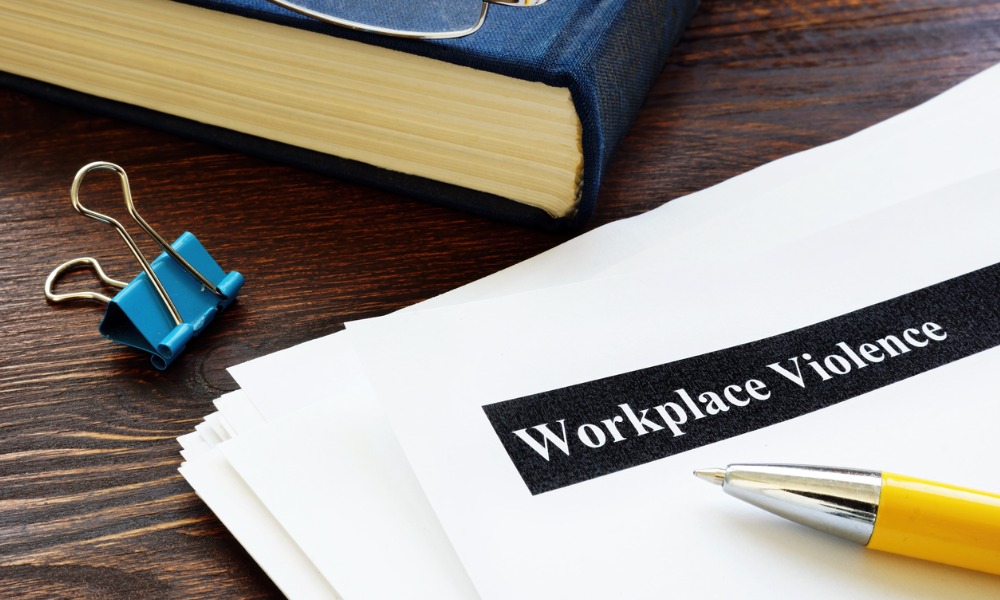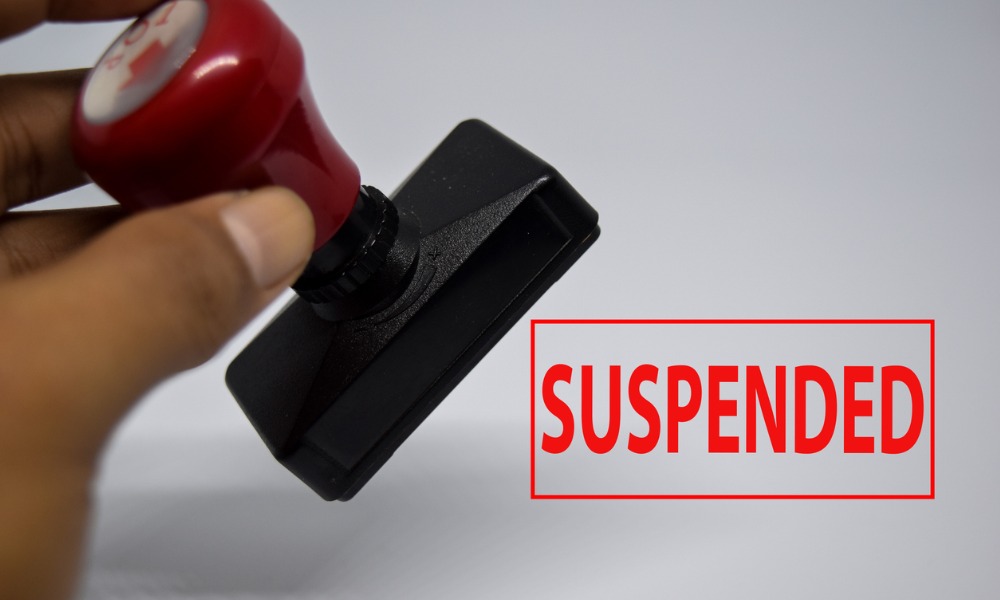Despite Pay Equity Act, past administrations 'haven't made this the priority it needs to be'

The Manitoba Federation of Labour is calling on the provincial government to introduce legislation that would effectively close the gender wage gap.
Even though Manitoba was the first province to usher in its own pay equity laws, the legislation is not enough to make a difference, said federation leader Kevin Rebeck, according to a report from the Winnipeg Free Press.
Manitoba introduced its Pay Equity Act in 1985, but that legislation has remained unchanged in nearly four decades.
And while the legislation addresses the wage gap between men and women doing comparable work in the public sector, the scope is too narrow, said Rebeck, according to the report.
“Leaving it to just the public sector is a mistake — it needs to be made more broader than that. Clearly we haven’t done enough to make it penetrate as deeply as we hoped it would.”
Also, while the Pay Equity Act requires the province to establish a pay equity bureau staffed by a commissioner to oversee the implementation of fair pay, there isn’t evidence of a commissioner or bureau in Manitoba after 1995, the Winnipeg Free Press noted, citing an April 2023 report from The Canadian Centre for Policy Alternatives (CCPA).
“You hear all the time about trying to address pay equity, but nobody really does anything about it, and we still have places of employment that women make significantly less than men,” said Nahanni Fontaine, minister of families, according to the Winnipeg Free Press report. “It’s simply unacceptable.”
Canada's federal Pay Equity Act took effect on Aug. 31, 2021.
Manitoba's Bill 228
Last year, Malaya Marcelino, then the New Democratic Party of Manitoba critic, introduced a private member’s Bill 228 which would have required private sector employers with 100 or more current employees and any other prescribed employer to conduct a gender and diversity pay audit for each fiscal year of the employer.
Citing 2022 data from Innovation, Science and Economic Development Canada, the Winnipeg Free Press reported that 70.9% of private-sector businesses in Manitoba have fewer than 100 employees, which would mean most employers would be subject to the proposed changes.
The bill wasn’t passed by the legislature. After winning the election last fall, Marcelino was appointed labour minister.
But Marcelino has not lost sight of the goal of closing the gender wage gap, said Fontaine, according to the Winnipeg Free Press report.
“The [labour] minister is on top of this, but is doing her due diligence to make sure that the legislation that’s brought forward, and the infrastructure to support that legislation, is comprehensive, so she’s doing that right now as we speak,” she said.
The public sector is further along compared to the private sector when it comes to closing the gender wage gap, according to a previous CCPA report.
What is the wage gap in Manitoba?
The CCPA and Manitoba Federation of Labour chose April 4, 2024 as the province’s first Equal Pay Day to bring awareness to the gender pay gap in the province.
On average, Manitoba women have to work for 460 days to earn the same salary as Manitoba men do in 365 days, according to data from CCPA.
Women in Manitoba earn 71 cents for every dollar men earn, CCPA noted in its report titled Tired of Waiting: Rectifying Manitoba’s Pay Gap.
“The gender pay gap means that women continue to fall behind men and it serves as a major factor in child poverty rates, as many of those households are headed by single mothers,” said director Molly McCracken.
The most recent Stats Canada data from 2021 shows working women in Manitoba earned, on average, 74 cents for each dollar a man made. That rose slightly from 72 cents in 2020 and 71 cents in 2019.
“Unions have heard loud and clear that women are done waiting for economic equality,” said Rebeck. “Pay discrimination is a violation of women’s human rights, and we need the government to take bold action to eliminate the gender pay gap.”
Overall, 40% of female professionals in North America feel underpaid for what they do, compared with just 24% among male respondents, according to a previous report from Robert Walters.








